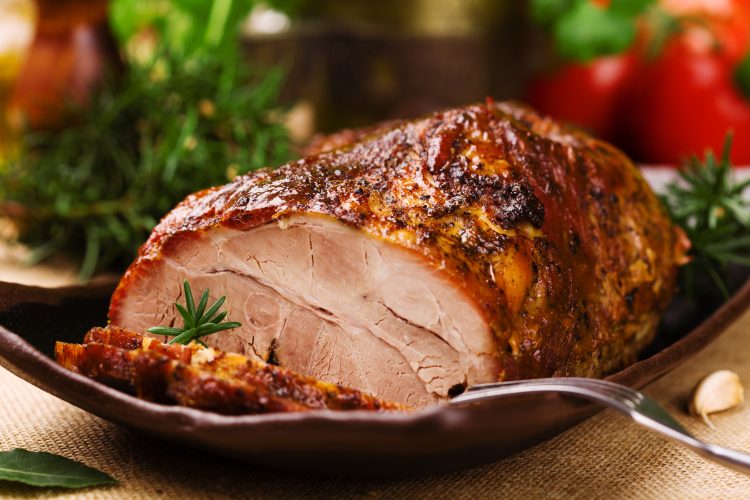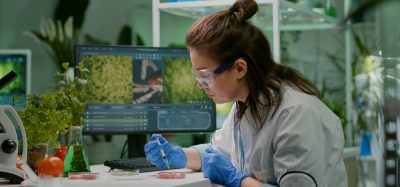Steakholder Foods expands into cultured pork
- Like
- Digg
- Del
- Tumblr
- VKontakte
- Buffer
- Love This
- Odnoklassniki
- Meneame
- Blogger
- Amazon
- Yahoo Mail
- Gmail
- AOL
- Newsvine
- HackerNews
- Evernote
- MySpace
- Mail.ru
- Viadeo
- Line
- Comments
- Yummly
- SMS
- Viber
- Telegram
- Subscribe
- Skype
- Facebook Messenger
- Kakao
- LiveJournal
- Yammer
- Edgar
- Fintel
- Mix
- Instapaper
- Copy Link
Posted: 25 August 2022 | Bethan Grylls (New Food) | No comments yet
The new induced pluripotent porcine stem cell line (iPS) will enable Steakholder Foods to continue diversifying its species portfolio and accelerate its market readiness for cultured pork production.


Steakholder Foods is set to begin developing lab grown pork products from a new line of induced pluripotent porcine stem cells (iPS).
With pork being the most consumed meat in the world (36 percent), followed by poultry (33 percent) and beef (24 percent), this move sets Steakholder Foods, which already creates cultured beef, chicken and seafood, up for a much wider audience.
What are iPS?
iPS are taken from skin or blood cells which are reprogrammed back into an embryonic-like pluripotent (i.e. immature cell) state. The new line was taken from sampled cells which went through this aforementioned process. This enables one cell bank to become an unlimited and highly scalable source for developing any type of muscle or fat cells for cultured meat production.
To shorten development time for structured pork products, like bacon and ham, the tech company has partnered with a leading iPS cell line. Using a combination of cell cultivation and 3D bioprinting, Steakholder Foods is confident it’ll be able to create lab grown products that match the taste and texture of conventional pork.
According to Steakholder Foods’, its proprietary 3D-bioprinting technology can produce structured meat with any muscle-to-fat ratio at an industrial rate of production and with pinpoint precision based on any desired shape, width or design.
“We are very excited to be adding porcine to our portfolio of species. Pork has tremendous market potential being that it is widely recognised as the most popular meat in world,” Arik Kaufman, Steakholder Foods’ Chief Executive Officer and Founder, said.
The company will also be looking to create ground pork products and pork biomass as an ingredient for hybrid products like meatballs.
Related topics
Cultured Meat, Equipment, Ingredients, Research & development, Technology & Innovation








